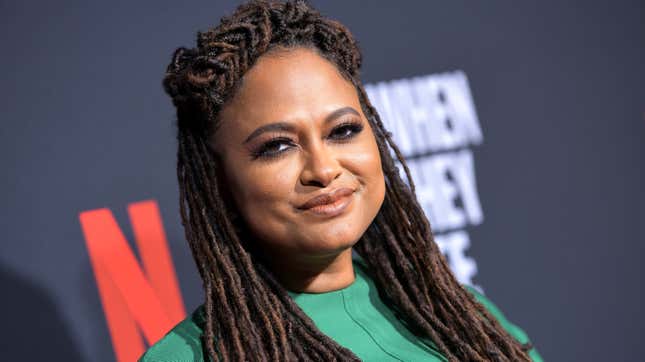
One frivolous lawsuit down; one more to go.
Back in October 2019, John E. Reid & Associates filed a defamation suit against Ava DuVernay and Netflix over their trademark police interrogation technique featured in the streamer’s popular limited series, When They See Us. The technique, known as The Reid Technique, has been deemed as controversial by several critics due to its role in false admissions and was depicted as such in the series.
However, a judge threw the case out Monday, ruling “in favor of defendants Netflix, Inc., Ava DuVernay, and Array Alliance, Inc., and against plaintiff John E. Reid and Associates, Inc.”
“Because the First Amendment protects non-factual assertions (and because neither defendants Ava DuVernay nor Array Alliance Inc. has sufficient minimum contacts with the State of Illinois to justify haling them into court here), Reid’s complaint is dismissed,” U.S. District Court Judge Manish Shah, of the Northern District of Illinois Eastern Division, wrote in an order obtained by Deadline.
“If the technique is as widely used as Reid says it is, the effect of the criticism has been felt well beyond Illinois’s borders,” Shah continued. “To find that DuVernay should be hauled into court here because she criticized a process sold by a company that happens to be located in Illinois would be to offend traditional notions of fair play and substantial justice.”
This ruling comes less than a week after former New York City prosecutor Linda Fairstein filed a similar lawsuit against the director and co-writer (along with writer Attica Locke) and the streaming platform. The controversial author and attorney is asking for “a public apology, removal of the scenes she calls false and a disclaimer added that labels the series as a dramatization and not a true story.”
Per Deadline, Netflix’s statement on Monday’s ruling was short and sweet, noting, “we’re pleased the court has found in our favor.”



